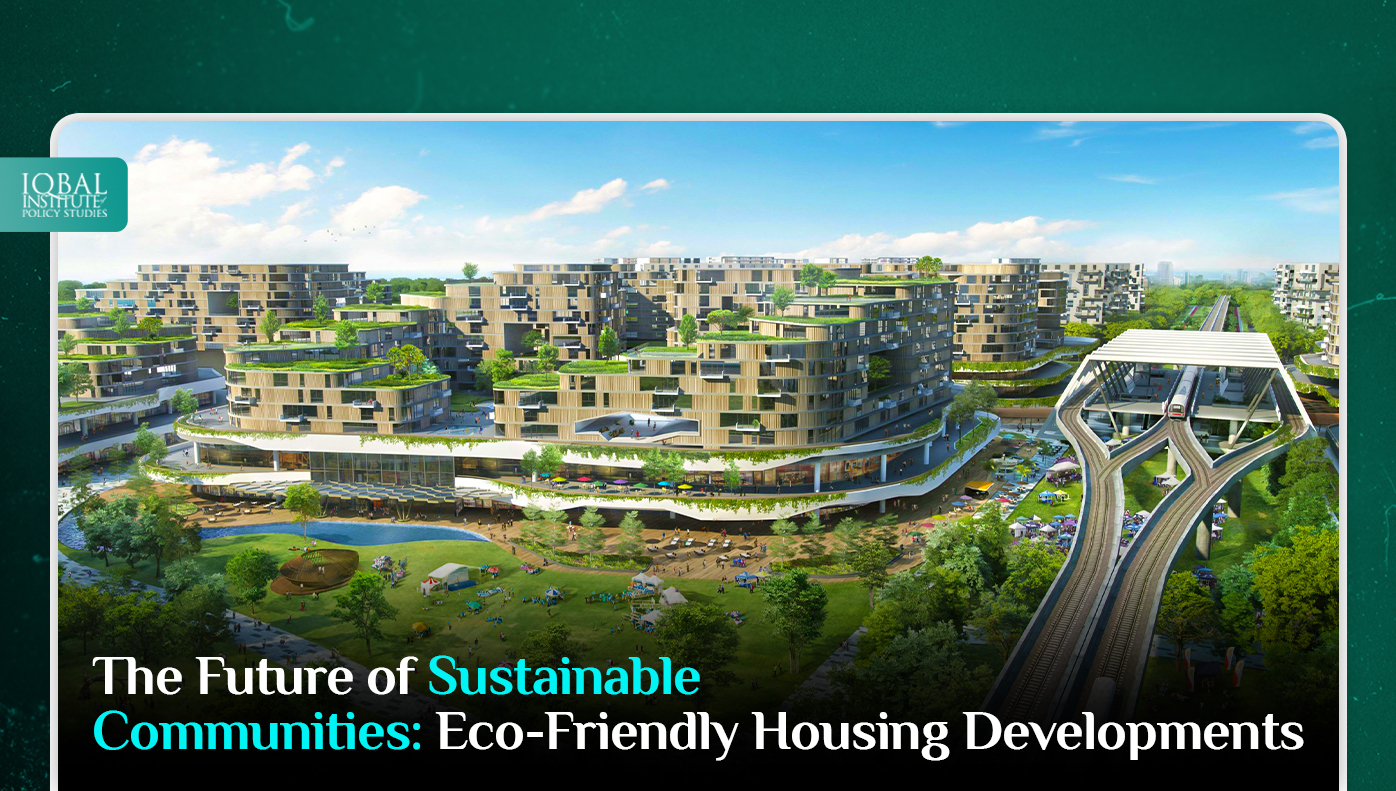Community Wellbeing in Cities through the Sustainable Affordable Housing

The document titled “Community Wellbeing in Cities Through Sustainable Affordable Housing” discusses the essential role of affordable housing in promoting community well-being and sustainability in urban areas. It emphasizes that affordable housing is not just about providing shelter; it significantly impacts social, economic, and environmental aspects of community life.
Overview of Affordable Housing
Affordable housing is defined as housing that is accessible to individuals and families with low to moderate incomes, ensuring that they do not spend more than 30% of their income on housing costs. The document highlights the importance of integrating affordable housing into urban planning to create inclusive communities where all residents can thrive.
Importance of Community Wellbeing
The report outlines several key dimensions of community well-being that are influenced by housing conditions:
- Social Cohesion: Affordable housing fosters social interactions and connections among residents, contributing to a sense of belonging and community identity. This social fabric is vital for enhancing overall well-being.
- Economic Stability: Access to affordable housing allows families to allocate their financial resources to other essential needs such as education, healthcare, and transportation. Stable housing can lead to improved job performance and economic productivity.
- Health Outcomes: Quality housing conditions are linked to better health outcomes. Poor living conditions can lead to health issues, while safe and adequate housing promotes physical and mental well-being.
Challenges in Providing Affordable Housing
The document identifies several challenges that hinder the provision of affordable housing:
- Rising Costs: The increasing cost of land and construction materials makes it difficult for developers to build affordable units. This leads to a shortage of available housing options for low-income families.
- Regulatory Barriers: Complex zoning laws and lengthy approval processes can delay the construction of affordable housing projects. Streamlining these regulations is crucial for accelerating development.
- Market Dynamics: In many urban areas, market-driven approaches prioritize high-end developments over affordable options, exacerbating the housing crisis for lower-income populations.
- Lack of Funding: Insufficient public funding for affordable housing initiatives limits the ability of governments and organizations to develop new projects or maintain existing ones.
Strategies for Promoting Sustainable Affordable Housing
To address these challenges, the report suggests several strategies:
- Policy Reforms: Governments should implement policies that incentivize the development of affordable housing, such as tax breaks or grants for developers who commit to building low-cost units.
- Public-Private Partnerships: Collaborations between public entities and private developers can enhance resource mobilization and facilitate the construction of affordable homes.
- Community Engagement: Involving local communities in the planning process ensures that developments meet their needs and fosters support for new projects.
- Innovative Financing Models: Exploring alternative financing mechanisms, such as community land trusts or cooperative housing models, can help increase access to affordable homes for low-income families.
- Sustainable Design Practices: Incorporating sustainable building practices can reduce environmental impact while creating healthier living environments. This includes using energy-efficient materials and designs that promote green spaces.
Conclusion
In conclusion, “Community Wellbeing in Cities Through Sustainable Affordable Housing” emphasizes the critical link between affordable housing and community well-being. By addressing the challenges associated with providing affordable housing and implementing effective strategies, cities can create inclusive environments that promote social cohesion, economic stability, and improved health outcomes for all residents. The document serves as a call to action for policymakers, developers, and communities to prioritize sustainable affordable housing as a fundamental component of urban planning and development efforts.
Further reading: Space standards in affordable housing in England
[PDF] Promoting sustainable communities through affordable housing. A case … frontiersin
Affordable Housing: A crucial element for achieving the Sustainable … maltasustainabilityforum
